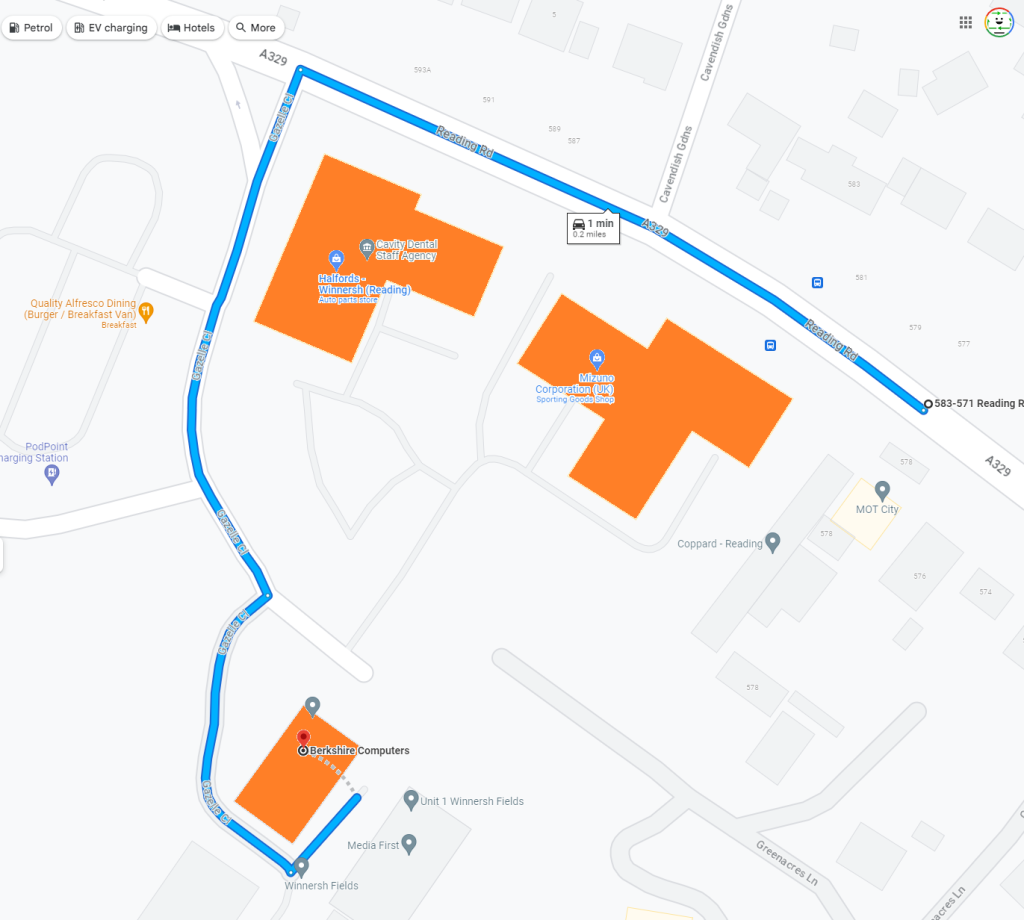Navigating the Challenges of Allowing Others to Use Your Computer: A Cautionary Tale
As a young and tech-savvy college student living with my grandmother, I find myself facing a rather odd situation that has me questioning boundaries and security. Recently, my grandmother’s friend reached out with a request that raised my concerns about privacy and potential cybersecurity threats.
The Situation
My grandmother informed me that her friend, who believes she has been hacked, needs to use my personal computer to reset hers. The urgency of the request was underscored by her claim that they were unable to discuss the matter in detail over the phone, as “the hackers were monitoring their calls.” It all felt a bit suspicious, and despite my reservations, my grandmother insisted that since I live in her home, it was my responsibility to accommodate her friend’s needs.
A Cautionary Approach
This entire situation has made me uneasy, particularly because I often use my computer for important college assignments and coding classes. I can’t shake the feeling that allowing someone I don’t know well to access my personal device could lead to trouble. After all, just recently, I dealt with a virus issue myself, which I managed to resolve with a factory reset. Considering this, it seems odd to rely on someone else to fix their computer via mine.
Protecting My Privacy and Security
Given the delicate nature of this request, I want to ensure that my device remains secure. I’m contemplating a few strategies to mitigate potential risks while still being able to assist them:
-
Create a Guest User Account: Establishing a guest user profile would prevent them from accessing my personal files and limit their ability to make changes to my system. This could provide an extra layer of security while still allowing them basic access.
-
Limit Internet Access: Depending on what they need to do, restricting their internet access could reduce the likelihood of inadvertently downloading malware or visiting harmful websites.
-
Discuss Alternatives: Before committing to letting them use my computer, I could suggest public alternatives such as a library or a community center where they could safely access assistance.
-
Seek Professional Help: If their computer is indeed compromised, it might be best for them to consult with a professional who can provide the necessary support without involving my device at all.
Conclusion
While I want to support my grandmother’s friend in her time of need, I also have to prioritize the security of my personal information and devices. It
Share this content:



